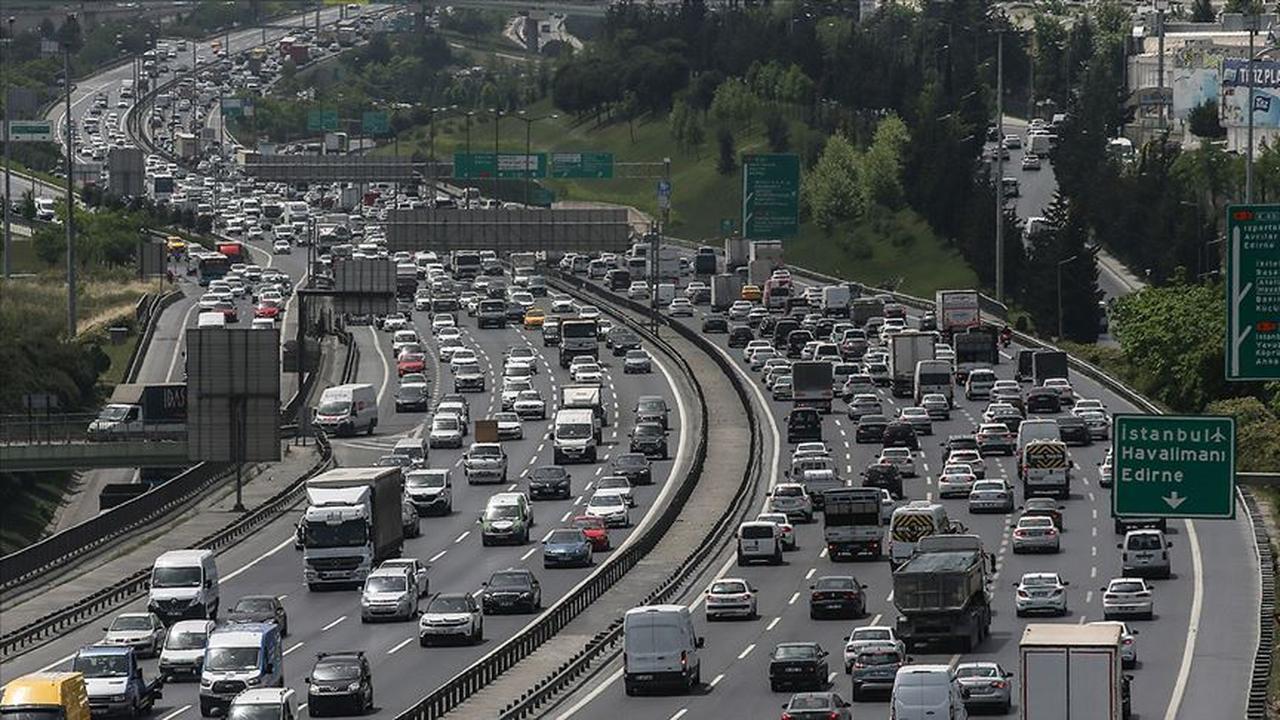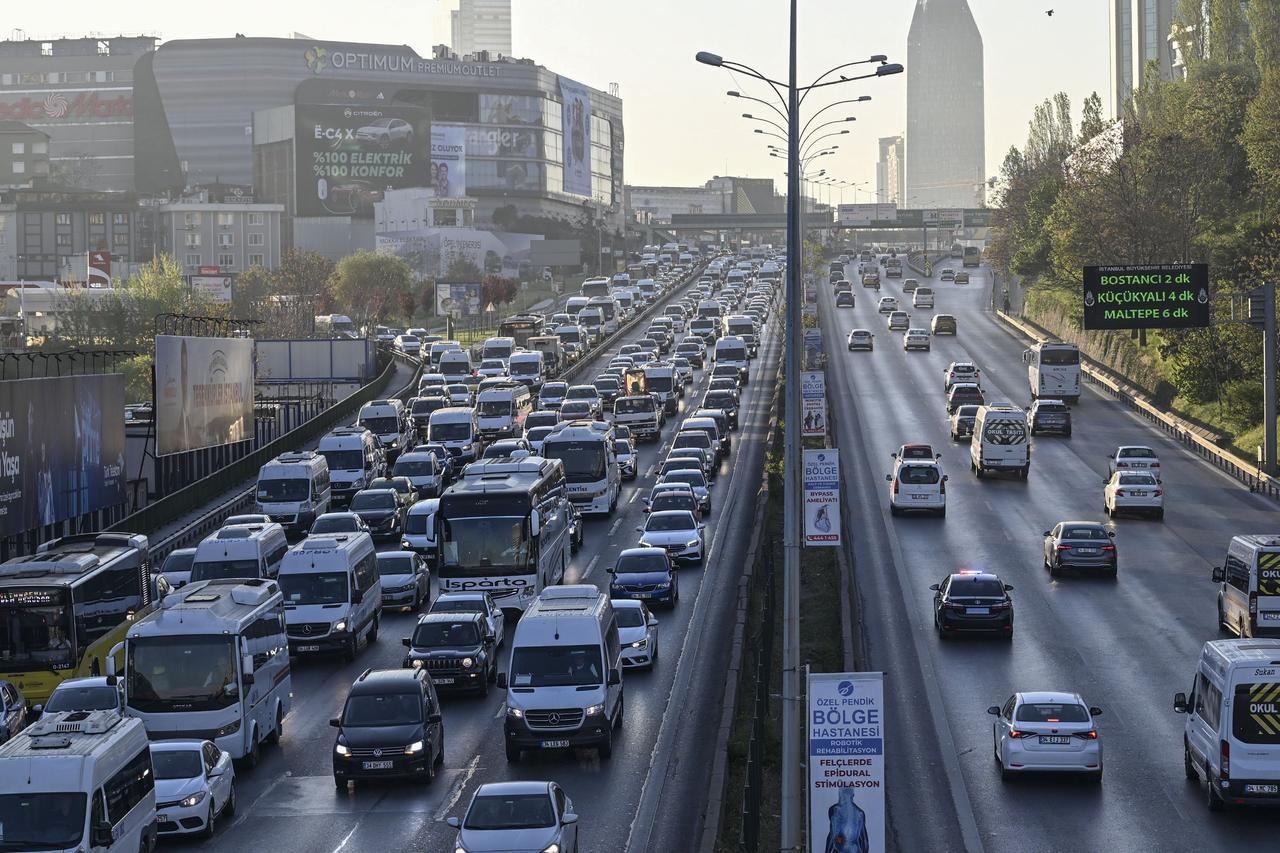
Istanbul’s traffic congestion is estimated to cost the city $6 billion to $7 billion annually, prompting experts to urge a move from road expansion to better demand management. In an interview with Anadolu, Istanbul Okan University civil engineering associate professor, Selim Dundar, said the city's road network is overloaded as vehicle numbers have surpassed its capacity.
“The more vehicles there are, the heavier the traffic gets,” Dundar said. He noted that illegal parking, unsafe lane changes and other driving violations contribute to the problem. He noted that traffic congestion goes beyond just longer commutes, with economic consequences such as higher fuel consumption, vehicle upkeep, accident risks, pollution, reduced productivity, as well as stress and other health effects.
A 2018 study estimated the annual cost of traffic congestion in Istanbul at $6 billion, with the figure likely having risen due to the city’s expanding population and evolving transportation habits, according to Dundar. He added that current costs are likely between $6 billion and $7 billion each year.

Dundar said simply building more roads and intersections does not solve the problem.
“It only postpones it,” he said. “When one bottleneck is eliminated, another one emerges. Adding lanes encourages more vehicle use, and within five years, the congestion often returns even worse.”
He said traffic can be better managed by staggering work hours to reduce peak-time pressure and encouraging alternatives to private cars. “Most cars in Istanbul carry 1.5 people on average,” Dundar said. “This is a very inefficient use of road space.”
He called for greater investment in public transportation and the expansion of micromobility options such as bicycles and electric scooters. He also recommended optimizing traffic signal systems to ease urban gridlock.